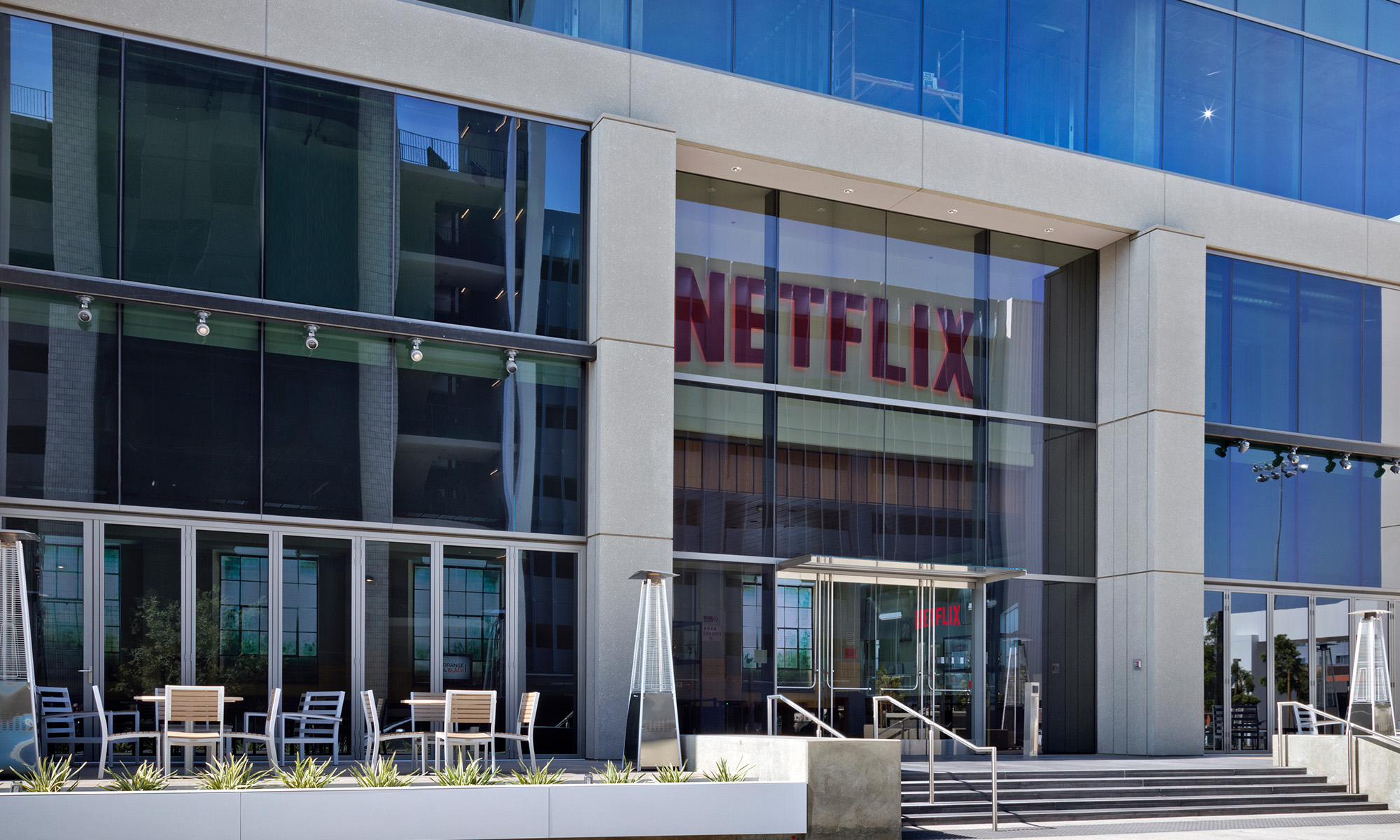
Billionaires have a funny way of underestimating Netflix (NFLX 1.19%). Last month, it was Carl Icahn cashing out of the stock, missing out on a huge run to all-time highs since his exit.
However, at least Icahn made a ton of dough on the investment. He may have left billions on the table by getting out too soon. Icahn sold a little more than half of his stake two years ago with the stock trading less than half of where it is now, unloading the balance last month weeks before this month's blowout quarter. However, at least he walked away with some billions in profit. It's hard to be angry about that.
More recently, though, it was Greenlight Capital's David Einhorn taking shots at Netflix's valuation and even its content in his letter to partners discussing his hedge fund's second-quarter results.
He took the market to task for sending shares of Netflix higher in April after falling short of Wall Street's profit targets. It wasn't a fair knock. Netflix fell short of earnings forecasts because of currency fluctuations and better-than-expected subscriber growth internationally, where Netflix is expected to post losses through at least 2017. The market responded on the strong revenue and subscriber growth, and that was the right read.
Einhorn wasn't impressed.
"If it soared on bad news, imagine what it would do with good news," he cynically wrote in his partner letter.
Well, he saw that play out a couple of days later when Netflix shares soared 18% on Thursday after another strong report.
Einhorn's letter knocked the third season of Netflix's Orange is the New Black, suggesting that it was "scripted to compete with Ambien," but we now know that the stock itself is scripted to compete with more adrenaline-kicking narcotics.
Perhaps the biggest flaw in his assessment is that he offers up a valuation comparison to Micron Technology (MU +5.53%), suggesting that the provider of semiconductor memory solutions -- commanding a market cap that is now less than half of Netflix -- will be worth more than Netflix one day. In terms of traditional measuring sticks, he's right. Where he misses the mark is in ignoring why Micron fell out of favor to become his hedge fund's biggest loser during the second quarter.
Yes, analyst profit targets have come cascading for both Netflix and Micron over the past three months. It's justified when it comes to Netflix, as the leading premium video service is ramping up its international expansion to canvas the globe quickly and invest in lucrative content that has proven magnetic in terms of subscriber retention and growth. That's not the case at all with Micron. It's in a bad place in its cycle, where revenue and profitability will fall sharply in the coming quarters.
This doesn't mean that Micron will stay down, but implying that Netflix will crash or that Micron will rally -- or some combination of the two -- ignores the great story at Netflix that he has missed all along.
Maybe billionaires have better things to do than binge view on a Friday night, but, thankfully for Netflix and its shareholders, most of the world does not.







